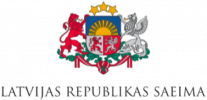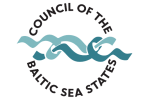On 4 March 2022, the meeting of the Health, Welfare and Family Committee of the Baltic Assembly was held in Vilnius, Lithuania. During the meeting, parliamentarians, high-level experts and governmental representatives discussed the joint labour market policies, promotion of mental health and prevention of mental disorders, as well as the social protection system for reducing inequality and poverty in the Baltic States in connection with the humanitarian crisis in Ukraine and its consequences in the region.
Joint labour market policies to address the challenges in the Baltic States
During the first session of the meeting, the parliamentarians, experts and government representatives discussed many important issues regarding the labour market, including adapting the labour market policies in the Baltic States to the mass influx of refugees from Ukraine. Director of the Lithuanian Centre for Social Sciences Boguslavas Gruževskis informed that one of the main challenges in the labour market of the Baltic States in the future will be a decrease in the total population, ageing of the population, lack of a skilled labour force and a high level of wealth inequality. Regarding the influx of refugees, the representatives of the government informed that until now in Latvia approximately 700 refugees from Ukraine have arrived, in Estonia – 330 and in Lithuania – approximately 1000 refugees, but added that the numbers are rising sharply. In order to help the people from Ukraine, it is necessary to ensure close cooperation between state institutions, municipal administrations, employers and the NGO sector, as well as to exchange information between the Baltic States. Chair of the Health, Welfare and Family Committee Regīna Ločmele acknowledged that to help the refugees there will be a need for the Baltic States to adapt the labour market policies and encouraged the Baltic States to continue working in this area.
Promotion of mental health in the Baltic States and during the humanitarian crisis in Ukraine
During the second session of the meeting, the governmental representatives shared their positions on providing mental health assistance in connection with the war in Ukraine and its impact on people in the region. Professor of Child Psychiatry and Public Mental Health at the Clinic of Psychiatry, Faculty of Medicine at the Vilnius University Dainius Pūras informed that promotion and prevention is crucial before going to the clinical level. One of the main conclusions was that there is an urgent need for the shift of paradigm with the focus on the human rights imperative and to the social model. Senior Expert at the Health Care Department of the Ministry of Health of Latvia Rimma Beļikova elaborated on one of the good examples of work that has been done in the last year - the Teen Resource Centre, which provides a state-funded community-based service for teenagers and their families, especially for adolescents at risk of addiction, depression and suicide. The representatives also noted that they are ready to address mental health needs for the people from Ukraine by providing them the necessary health care services. Vice Chair of the Health, Welfare and Family Committee of the Baltic Assembly Antanas Vinkus concluded that there is no health without mental health, and that good mental health is an essential condition to ensure that the society is happy, productive and strong.
Social protection system for helping Ukrainian refugees and reducing inequality in the Baltic States
During the third and final session of the meeting, all participants agreed that the topic of social protection is very important and urgent, as the Baltic States are at the negative top of the European Union regarding the share of the total population at risk of poverty or social exclusion. Minister of Welfare of Latvia Gatis Eglītis noted that all of us are united to extend support to the people of Ukraine, and that the response has been very fast, swift and decisive, proving that the Baltic people are ready to welcome the Ukrainian refugees. Minister of Social Security and Labour of Lithuania Monika Navickienė added that a call to action to the United Nations was signed together with colleagues in Poland, as well as a declaration for NGOs for the humanitarian corridor, demonstrating cooperation and proving that the Baltic Assembly is the right place to speak about the strong cooperation and coordination between the Baltic States. Deputy Secretary General on Labour and Employment Policy at the Ministry of Social Affairs of Estonia Sten Andreas Ehrlich added that there are some questions that still need to be debated, including the systems of paying pensions to citizens of Ukraine, Belarus and Russia. At the end of the meeting , Chair of the Health, Welfare and Family Committee Regīna Ločmele reaffirmed that the Baltic States will do everything in their power to help the people in Ukraine.
© Photos by the Seimas of the Republic of Lithuania (Olga Posaškova and Justinas Auškelis)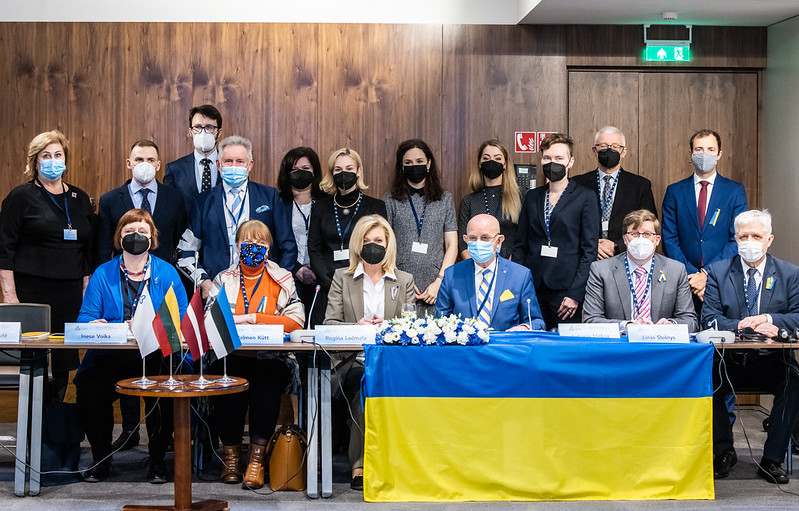
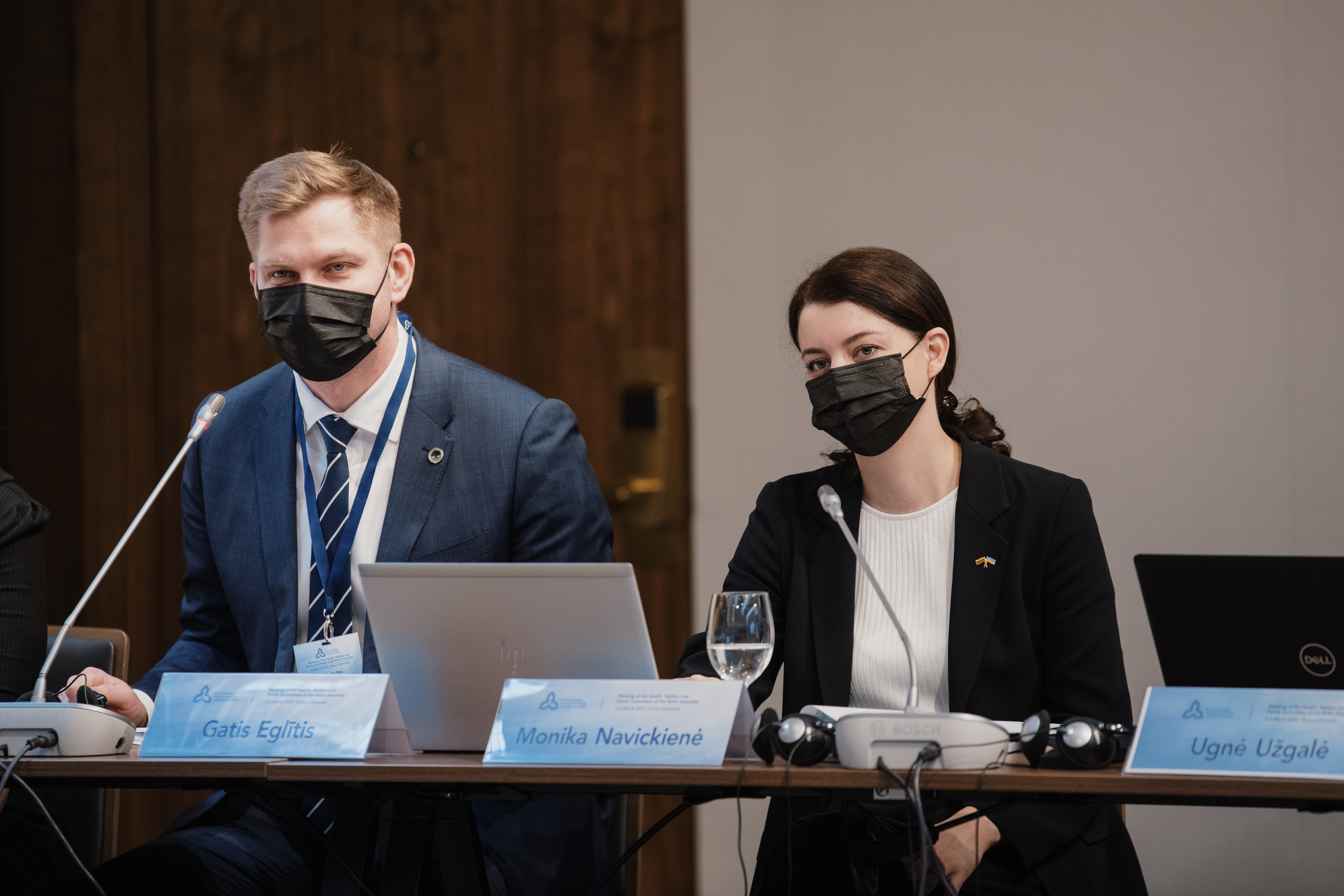
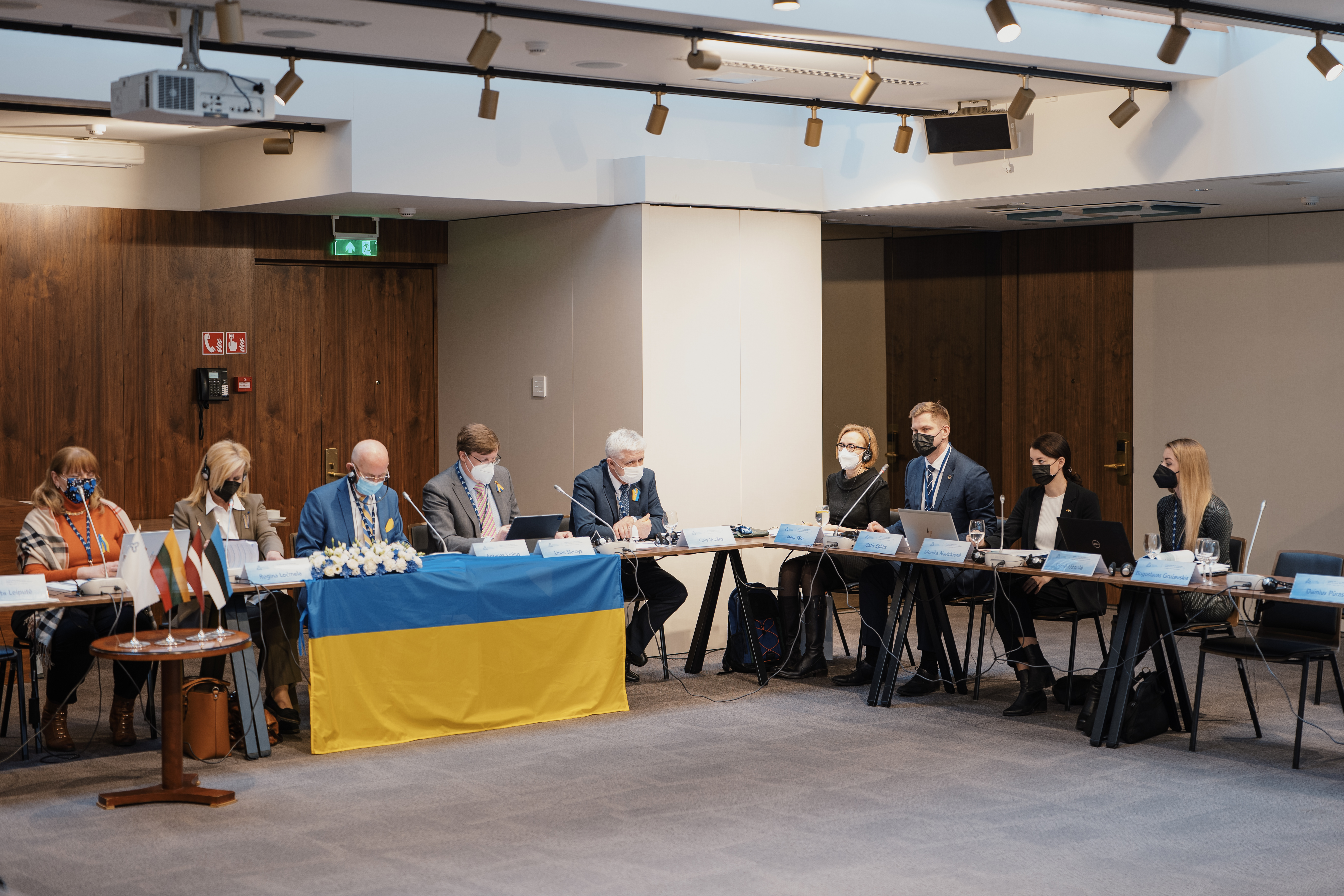
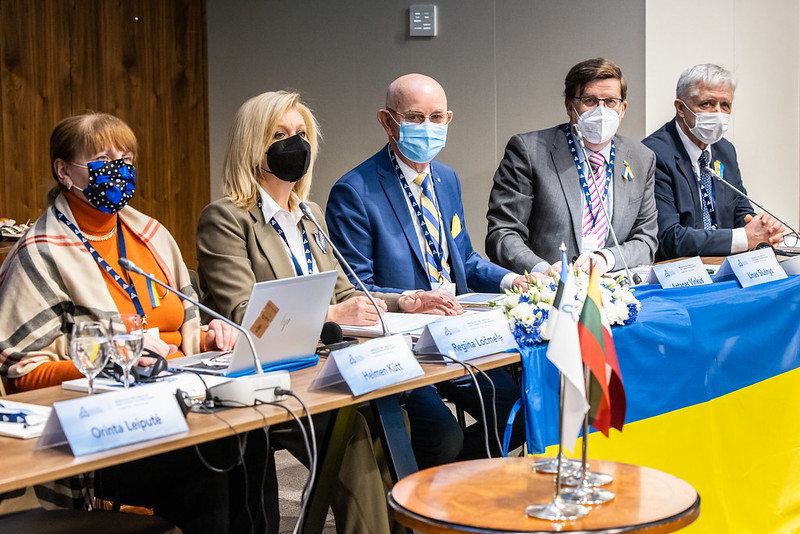
 Print
Print 

